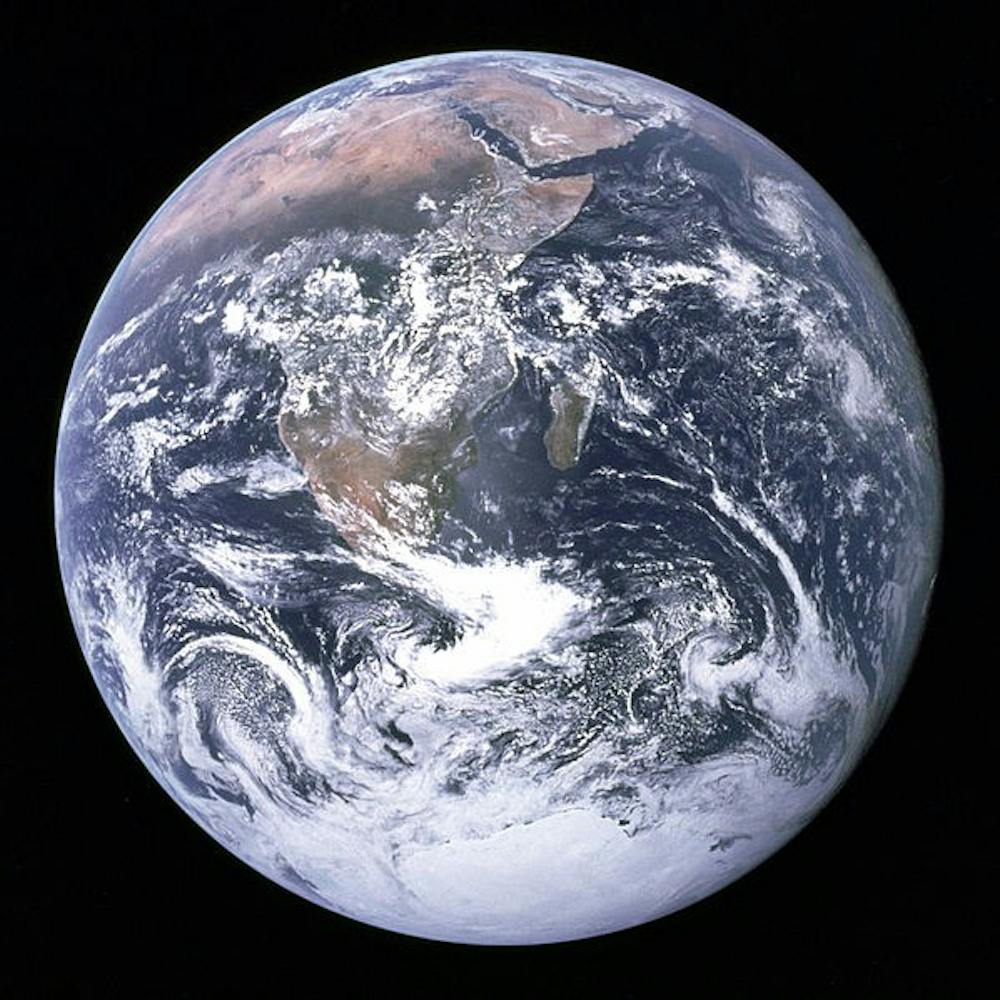Climate Change. Global warming. Greenhouse effect. These are the buzzwords on everyone’s mind after President Barack Obama discussed environmental policy in his second inaugural speech on Monday — and for good reason too. 2012 was the warmest year ever recorded in the United States — 3,527 monthly weather records across the country were broken.
There are many mechanisms — both anthropogenic and natural — driving climate change, a complex web of interactions in which little changes can have dramatic effects.
One of the most well-known pathways dictating global temperatures is the carbon dioxide cycle. CO2 is a greenhouse gas, and its capacity to absorb large quantities of heat energy affects global energy levels and therefore climate. The vegetation in forests — especially large, long-standing trees — act as carbon sponges, capturing carbon from the environment and then storing it. Burning these trees as fuel not only releases the stored carbon but also inhibits the future uptake of carbon from the atmosphere.
Deforestation is occurring at a rapid rate across the world, especially in Third World countries where wood is the only available source of fuel. In Asia and Latin America, tree removal occurs at a rate of about 2 percent per year.
Environmental Sciences Prof. Deborah Lawrence is involved with LEAF — Lowering Emissions in Asia’s Forests — a USAID-funded program dedicated to improving forest management and supporting funding for the protection of forests. Lawrence went to Vietnam and Thailand last year to help increase awareness. “The effort supports a direct exchange of ideas between universities on climate change science, lesson planning and teaching techniques,” Lawrence said in a University press release.
Increasing awareness, whether that be through non-profit work, academic research or speeches by public figures, is key to the world’s ability to respond to its environmental challenges, said third-year College student Sang Mee Ko, an Environmental Sciences major.
“There are many other things going on here than just higher temperatures,” Ko said. “It’s not a question of whether or not global warming is occurring. It is happening. [But] how quickly is the change approaching?”







